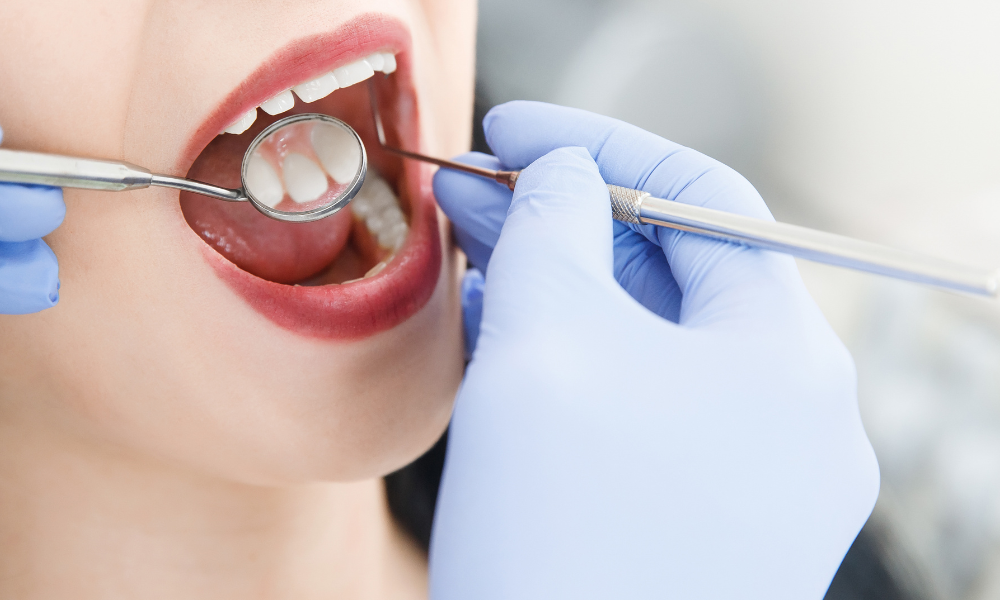
Ontario tribunal tells health professional to take endodontics course

In a case involving a complaint alleging that a dentist mistakenly extracted a child’s adult tooth and attempted to conceal the mistake, Ontario’s Health Professions Appeal and Review Board found a committee’s decision reasonable and its investigation adequate.
In Chater v FI, 2025 CanLII 70382 (ON HPARB), an 11-year-old patient visited the applicant dentist due to discomfort on the lower left side of their mouth on Aug. 22, 2022. The dentist assessed the patient and extracted a tooth, which turned out to be an adult tooth.
The Royal College of Dental Surgeons of Ontario’s Inquiries, Complaints, and Reports Committee investigated the complaint filed by the patient’s mother. It directed:
On Feb. 7, 2024, the dentist requested a review of the committee’s decision.
The Health Professions Appeal and Review Board of Ontario confirmed the committee’s decision under s. 35(1) of the Health Professions Procedural Code, Schedule 2 to Ontario’s Regulated Health Professions Act, 1991.
Specifically, the board deemed it appropriate to direct the dentist to complete, at his expense, a one-on-one endodontics course approved by the college’s registrar, which should include:
The board also agreed with the committee’s decision directing the college to monitor the dentist’s practice for 24 months after his completion of the course.
The board found the committee’s investigation adequate.
The board noted that the committee covered the relevant events in its investigation and obtained the information needed to reach an informed decision on the complaint’s issues, including the college’s pertinent policies and previous decision concerning the dentist.
The board said the patient’s mother had the opportunity to give information regarding her complaint.
The board added that the dentist provided an initial response, three updates about remedial training he undertook, and the patient’s dental records, including clinical notes, pictures, radiographs, and molds.
The board considered the committee’s decision reasonable.
On the first issue regarding whether the dentist mistakenly extracted an adult tooth, the board determined that the committee made reasonable conclusions about his clinical deficiencies in diagnosing and identifying a symptomatic tooth.
The board said the committee:
The board noted that the committee decided that the dentist still required additional training even after considering his apology, display of accountability, remediation efforts, and courses he took.
The board further noted that the dentist took web-based webinars as remedial courses, while the committee required a one-on-one endodontics course.
On the second issue of whether the dentist tried covering up the mistaken extraction, the board determined that the committee reasonably refused to take further action regarding this matter.
The board concluded that the committee based its findings on the information in the record, including the dentist’s admission of his error, apologies to the patient and their parents, and remediation efforts.